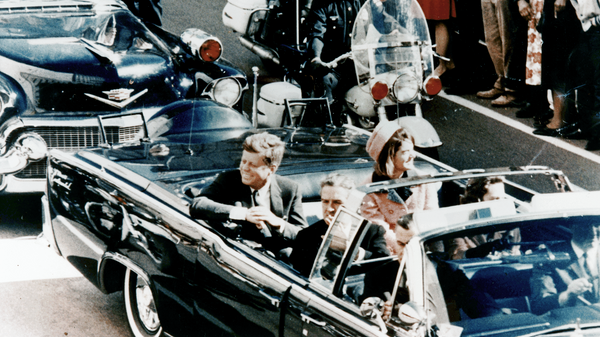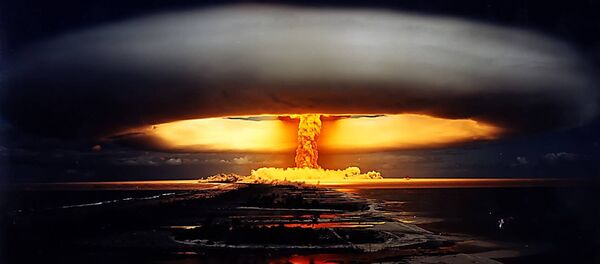According to prominent experts and high-profile politicians, back in those days, Kennedy was perceived as a "symbol" of great hope and a peaceful future for the United States. Right after his assassination, the image of the country and the world started changing drastically, as if someone had unleashed evil powers that were waiting for their hour to come.
Sputnik has discussed the impact of Kennedy assassination with John C. McAdams, Associate Professor of political science at Marquette University.
Sputnik: Did Kennedy Assassination become a turning point in US politics? How it’s affected US society?
John C. McAdams: While not caused by the JFK assassination, a lot of things seemed to go wrong in the US in the years following. Peaceful black protest turned into militancy and rioting.
The war in Vietnam, which involved only several thousand advisors when Kennedy was shot, escalated to a massive conflict, which the US was not winning. A truculent and aggressive “counter culture” challenged fundamental American values.
Sputnik: Just last year the Trump administration decided to declassify a large number of documents connected with Kennedy assassination in Dallas. At the same time, despite a promise to release everything on April 26, 2018, the Trump administration is withholding certain material in the JFK Assassination archive for extra review. What do you think was behind this decision?
John C. McAdams: Trump, quite simply, took the advice of his security agencies, who have always been excessively secretive and risk-averse where releasing documents are concerned.
Keep in mind that the document release was not a substantial item on his agenda – he had lots of other things to attend to. So I’m sure he viewed going which what his security agencies were wanting seemed the “safe” choice.
Sputnik: Despite one of the hottest period in the Cold War (Cuban Missile Crisis, Berlin) both Kennedy and Khrushchev regularly talked to each other. Could both countries learn something from this period amid current political tensions?
John C. McAdams: Looking back at the Cold War, both countries were reasonably risk averse. In spite of being radically at odds in world power politics, when push came to shove, both sides backed away from terribly dangerous situations.
Kennedy resisted demands from some of his advisors to invade Cuba.
And Khrushchev backed down in the face of the blockade. While the blockade was technically an act of war, and Khrushchev was reckless in putting the missiles in Cuba, both sides black away from things that were a dangerous escalation.
Views and opinions expressed in this article are those of John C. McAdams and do not necessarily reflect those of Sputnik.





